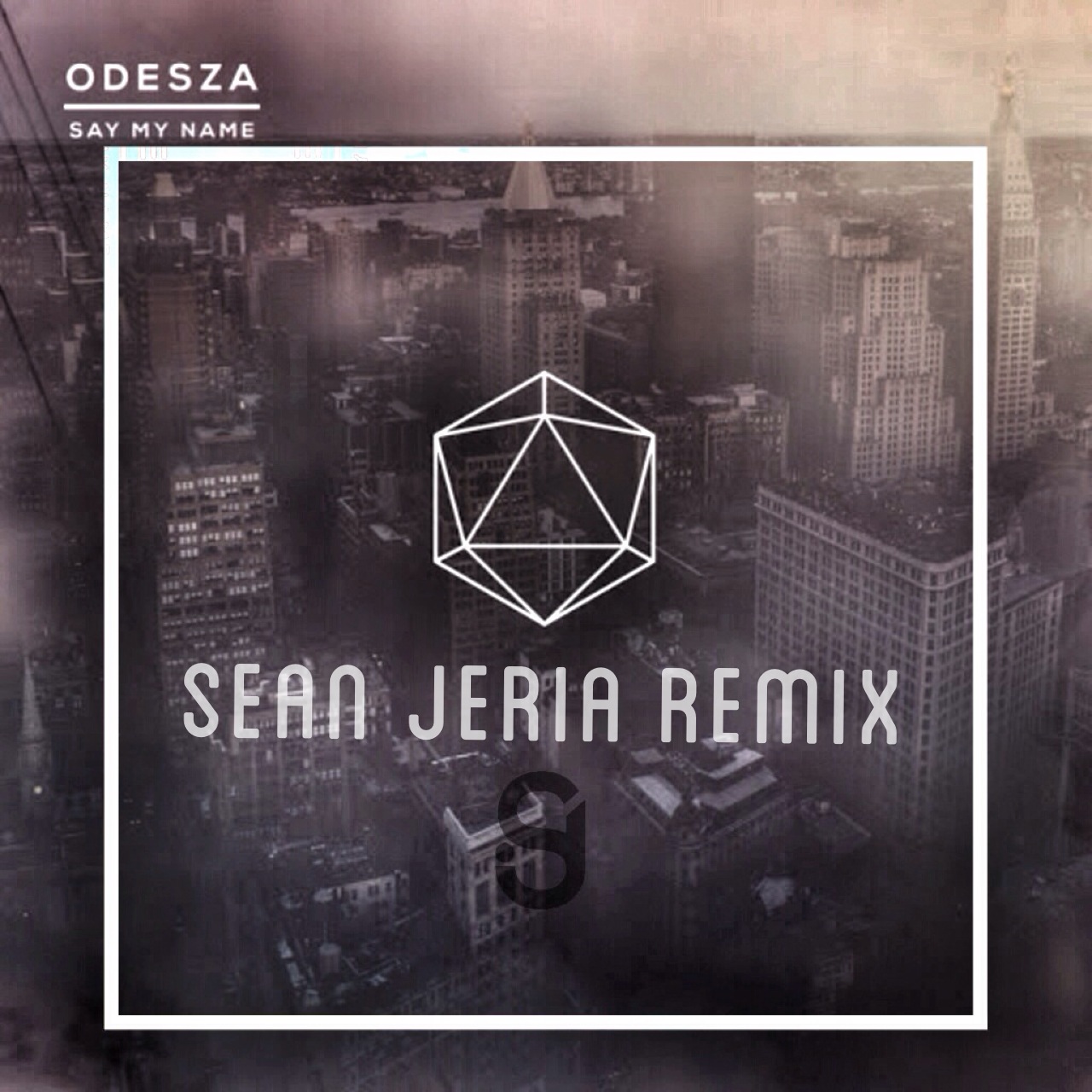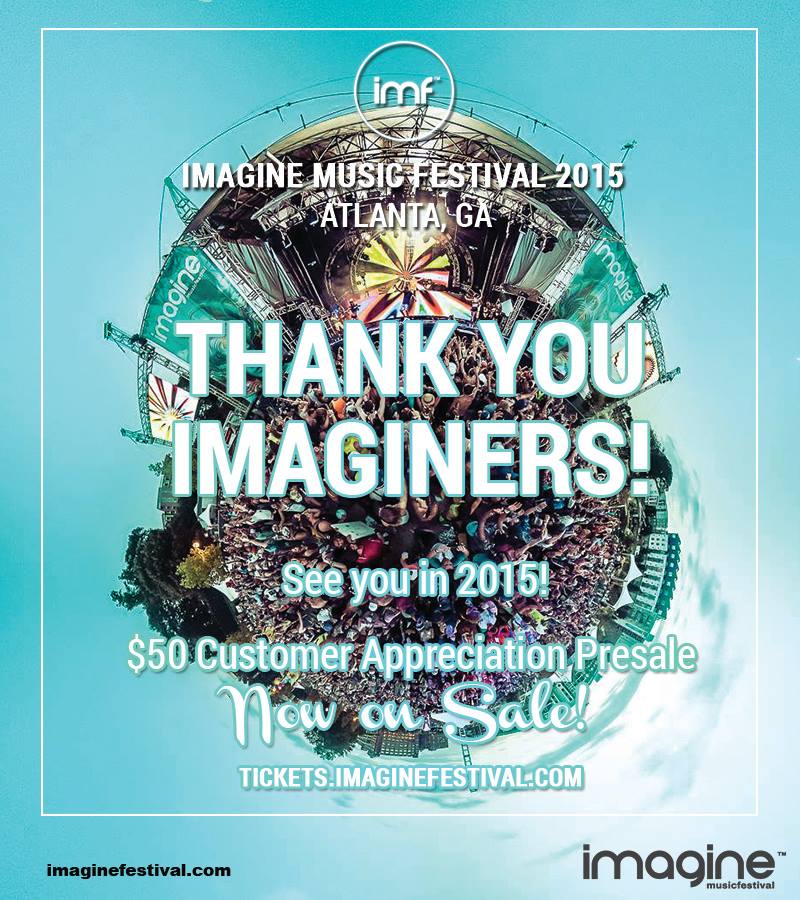Producers in the UK are finding themselves in an interesting predicament. In a recent article from Mixmag, an issue was brought to light that many people probably don’t put much thought toward. Most people are aware of the concept of royalties – paying for music that you use in a for-profit situation, such as a TV advertisement or a YouTube video (one that you make money from, at least). It’s not a new concept; royalties have existed in some form since the first federal law on copyright was enacted in the US Copyright Act of 1790, though regulation was much more lax back then.
To my knowledge, the DJ community has always prided itself on its process of sharing tracks and tunes that others can play out. Sure, releasing tracks on Beatport provides a certain amount of income for creators, but it has never amounted to enough to make a full-time living. Mixmag highlights the issue, referring to the Association for Electronic Music. I didn’t even know there was such a thing.
The organisation launched the Get Played Get Paid campaign at the Amsterdam Dance Event (ADE) on Tuesday to highlight the issue, with producers and songwriters in the UK alone missing out on an estimated £15 million a year, despite making its way to copyright and licensing bodies such as PPL and PRS.
Obviously, that’s a decent chunk of change. But how will DJs and producers be affected by this? Many, many hundreds of tracks are played at a club in any typical night and the original artists are not seeing any money from their tracks being played. And since the DJs are being paid to play, (as much as I can understand from the definition of royalties) the creators of the work they are using are entitled to payment.
However, it has been a by-and-large difficult endeavor to correctly gather data on which tracks are being played. Many DJs will use effects to manipulate and otherwise warp the sound to fit their own style, thus distorting the data. I reported on a system that was being developed by Future Audio Workshop back in June, and it seems like Pioneer has their own system called Kuvo. Kuvo has been supported by artists like Richie Hawtin and Seth Troxler, and provides a tracklist in “real-time and makes them globally available.”
Though the issue isn’t all on those who play the tracks; the content creators could also find themselves at fault.
[AFEM] CEO Mark Lawrence said: “Part of the problem is down to writers, artists and tracks not being registered at collection societies so the organisations don’t know who to pay, but even more significantly, most societies do not have accurate granular data on what is actually played in clubs.”
The Kuvo is tackling the latter issue, but most artists it seems do not have the wherewithal or knowledge to effectively secure their intellectual property to a higher degree. I’m all for getting paid what you’re due, but the issue is likely farther spread than it seems at first. For the EDM community especially, royalties for tracks played at a show have never been a salient problem. With more data and resources available to effectively find information on what is being played, it could shake the foundation of the principles the community was founded on.
And this isn’t just about individual artists. Big labels like Ultra Records have already shown that they will go after a YouTube celebrity for royalties. What is to stop Armada or Spinnin or other major labels from going after artists who play on stage? It’s a slippery slope accusation to be sure, and the worry-wart in me is rearing its ugly head. This could theoretically extend even to fans who are forced to pay extra fees to cover the royalty costs to hear others’ work from their favorite DJ. However, worrying about those kinds of issues at this point is premature, and it would be prudent to keep our eyes on this developing dilemma. While this mainly focuses on the UK, the issue could potentially manifest in other parts of the world.
H/T: mixmag










